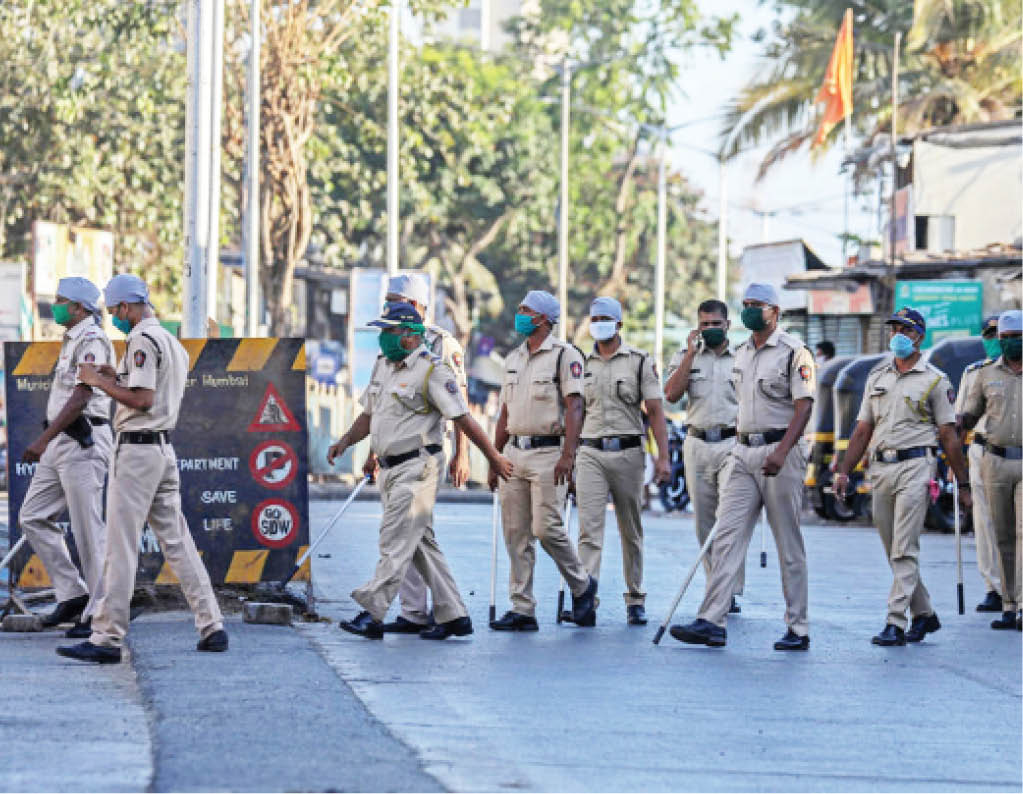The International Press Institute (IPI), a global network of editors, media executives and leading journalists for press freedom, has expressed grave concern over the misuse of the law by authorities in India to intimidate journalists and curtail press freedom.
On May 11, Dhaval Patel, owner and editor of the Gujarati news portal “Face of Nation”, was detained and charged with sedition for writing an article about the possibility of leadership change in Gujarat due to an increasing number of coronavirus cases in the state. Patel was charged under Section 124 A (Sedition) of the Indian Penal Code and Disaster Management Act Section 54 (spreading false panic).
Earlier, on May 10, Delhi police summoned Mahender Singh Manral, a correspondent of The Indian Express newspaper, for a report about police investigation into the possibility that an audio clip of Tablighi Jamaat leader, Maulana Saad Kandhalvi, had been doctored. The audio clip is the basis of a case filed against the leader of Tablighi Jamaat, a Muslim religious group, for the spread of COVID-19 in the capital New Delhi. After calling the report “factually incorrect and purely conjectural, “the police sent a notice to Manral to join the probe on May 11 or face action under Indian Penal Code Section 174.
In a statement issued on May 13, the Editors Guild of India condemned the police actions and urged the governments to stop using legal tools to harass the press. It described the case against Patel as a misuse of the Indian Penal Code and special laws relating to disaster management.
“While Manral wasn’t charged under any law, he was threatened that failure to join the probe could result in legal action under Section 174 of the IPC with punishment of a prison term and fine”, the Editors’ Guild statement said “This appears to be a little more than a fishing expedition to try and extract the journalist’s source and, thus, warn other reporters.”The Guild called these instances “deeply disturbing” and condemned the “growing pattern of misuse of criminal laws.” The Press Club of India also criticized the police, saying that their actions were “an affront to every canon of independent and responsible journalism.”
Meanwhile, in the northern state of Himachal Pradesh, authorities in four districts have filed as many as 10 cases against six journalists. The cases were registered against journalists for their reports about hunger amongst stranded migrant workers and lack of proper food distribution and criticizing local administration. According to a report, police filed charges after journalists and local politicians got into arguments about their reporting. “The rapid decline in India’s press freedom is alarming”, IPI Director of Advocacy Ravi R. Prasad said.
“A democracy like India can only thrive if media pluralism is allowed to flourish, but the government appears to have no tolerance for criticism and fears objective, independent journalism.”
The Indian government has resorted to various tactics to prevent independent media from criticizing the government and reporting about the pandemic. In a blatant attempt to stifle press freedom, on March 31 the government unsuccessfully petitioned the country’s Supreme Court to bar the media from publishing information about COVID-19 that had not been cleared by the government. The court refused to intervene but directed the media to “refer to and publish” the official version of the developments. (IPI)

 Join Daily Trust WhatsApp Community For Quick Access To News and Happenings Around You.
Join Daily Trust WhatsApp Community For Quick Access To News and Happenings Around You.


